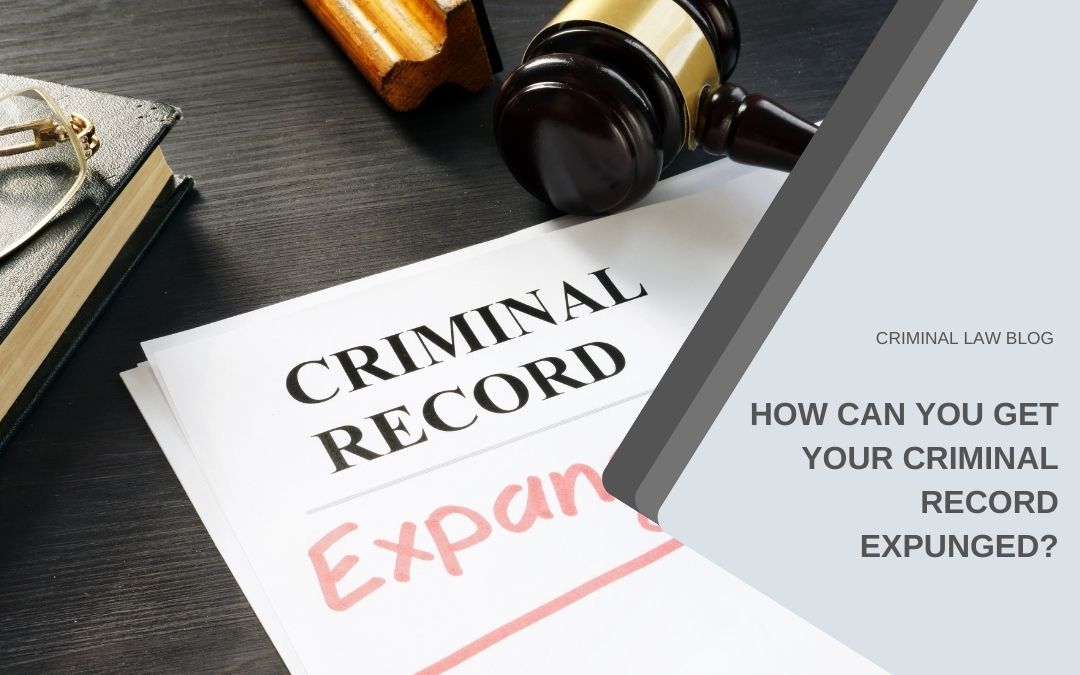Because a criminal record can negatively impact your life in so many ways, it’s essential to minimize and, hopefully, remove charges as soon as possible.
Fortunately, some aspects of your criminal record can be sealed or expunged by a court or a judge. But these aren’t the same thing.
The expungement process essentially removes convictions or arrests from your record. It’s as if they never occurred. However, a sealed record means your criminal record is removed from public view but can still be accessed by a court order.
Requirements
The requirements and eligibility to seal or expunge a criminal record vary by state. But these rules can change. For instance, some states are adopting additional “clean slate” initiatives and laws to help expand and automate sealing records.
The steps to expunge your criminal record may vary by state. But typically, you’ll need to:
- File a petition with the court
- Appear in court
- Serve a waiting period without reoffending
Additionally, you’ll be responsible for administrative and legal fees. If successful, it can take several months for all agencies to destroy their records.
However, keep in mind that while arrests or convictions may have been erased from your criminal record, it does not remove news reports or social media posts that may discuss the events.
Are juvenile criminal records automatically wiped at age 18?
If you committed a crime as a juvenile, your record is not automatically cleared or sealed at age 18.
While state rules vary, many states may allow you to seal your juvenile criminal records for some offenses after a waiting period — often sometime in your twenties.
But your eligibility will depend on the type of crime and whether you committed any additional crimes. For instance, aggravated felonies and sex offenses often can not be sealed. Additionally, whether your juvenile records are sealed will ultimately be up to the court.


